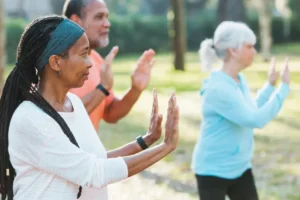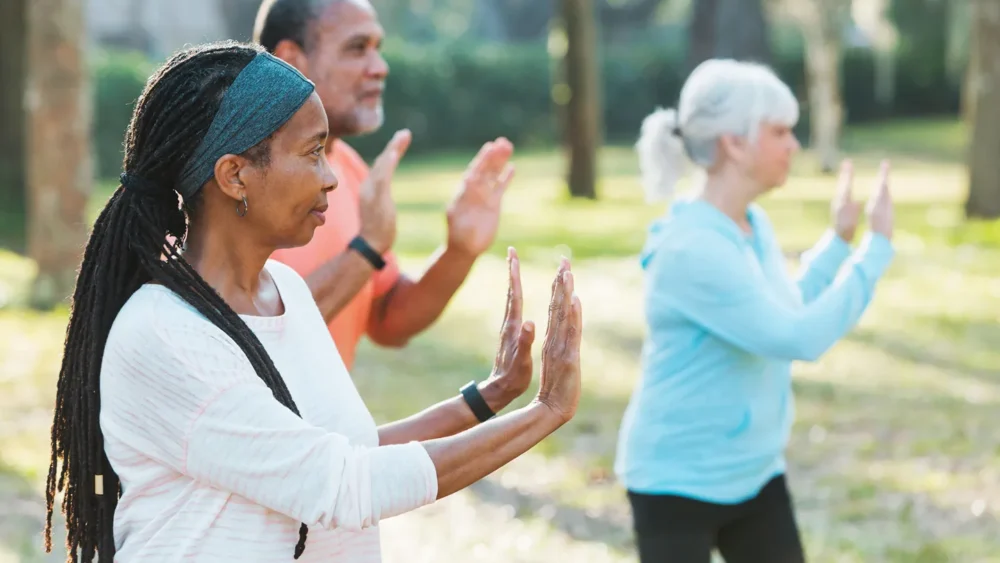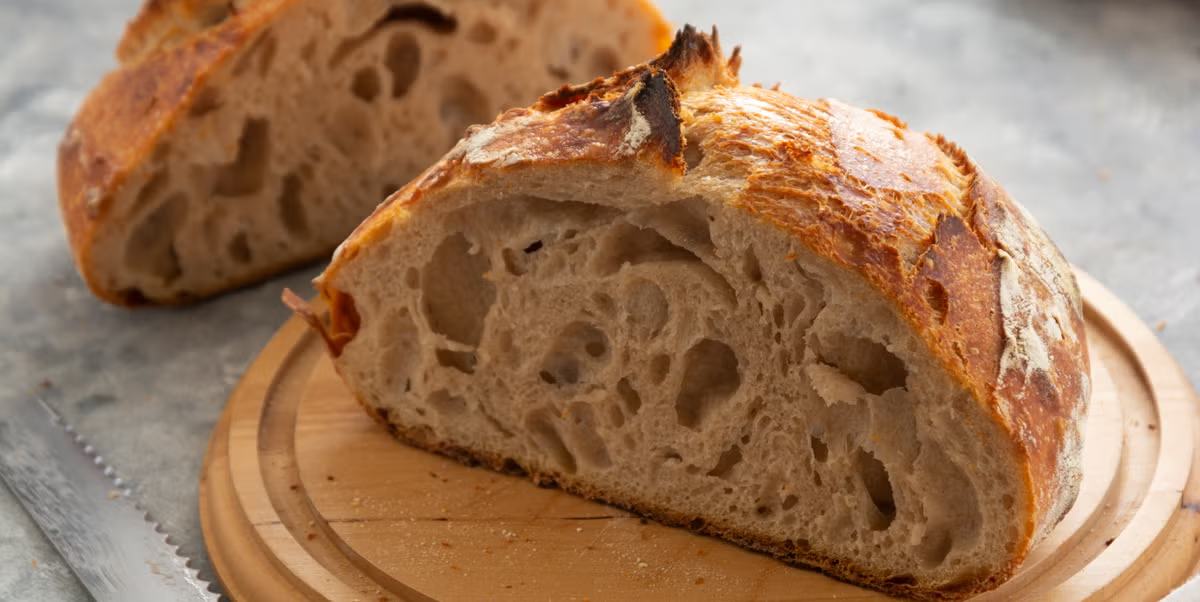As more physicians advocate for tai chi as the ideal exercise for those over 60, scientific studies increasingly support its benefits in promoting a longer, calmer life. While many gym devotees may view tai chi as surrendering the intensity of weightlifting or swimming, the gentle martial art offers profound advantages for balance, joint health, and mental well-being, often outperforming traditional workouts in these critical areas.
Tai chi involves slow, deliberate movements combined with mindful breathing. It challenges joints, muscles, and the nervous system in a way that strengthens the ankles, hips, and core while fostering calmness. Unlike high-impact exercise, tai chi respects the natural limitations of aging bodies and adapts to their needs, offering progress measured by steadiness and confidence rather than numbers on a machine or weights lifted.
Research consistently shows that tai chi reduces fall risk among older adults by about 20%, a crucial benefit given how falls can lead to fractures, hospital stays, and loss of independence. It matches physiotherapy in alleviating knee osteoarthritis pain and improving function without aggravating joints. Beyond physical benefits, tai chi promotes relaxation, lowers blood pressure, improves sleep, reduces anxiety, and enhances stamina by synchronizing breath and movement to calm the nervous system.
For many seniors, tai chi helps regain freedoms like climbing stairs without fear, standing on one leg while dressing, or maintaining mobility after a restless night’s sleep. It cultivates balance not as a fleeting achievement but as an ongoing confidence—the quiet power to move safely and steadily in daily life.
Starting is easy: just ten minutes a day standing with feet hip-width apart, soft knees, and slow breath. Basic moves like “commencement” and “cloud hands” involve floating arms and shifting weight gently, moving as if slowed by honey. Practicing three 30-minute sessions weekly with daily short routines can build strength, flexibility, balance, and mental calm without overwhelming effort.
Tai chi offers an alternative metric for fitness focused on function and longevity rather than speed or intensity. In contrast to gym culture’s emphasis on loud effort and maximizing reps, tai chi embraces patience, control, and stability, enhancing cardiovascular health steadily and safely.
Multiple clinical studies reveal tai chi improves balance, gait, muscle strength, and joint flexibility in older adults, with Yang-style tai chi often showing more pronounced effects. Meta-analyses confirm consistent reductions in falls and fear of falling, as well as improvements in blood pressure and cognitive function.
Ultimately, tai chi is a smart, accessible choice for healthy aging—an exercise to keep the body grounded, the mind serene, and the spirit buoyant well into the golden years. So the next time you see a group quietly moving through flowing forms in the park, know they’re practicing more than an ancient art—they’re building resilience, balance, and a longer, calmer life.










